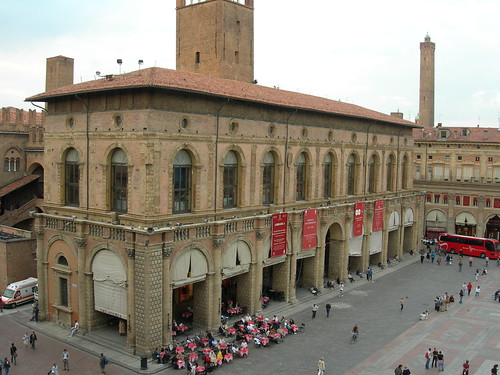German Tutor in Victoria
Florian Huffman
I am a freelance interpreter specialising in business translation. I have taught German as a foreign language for 2 years while I was living in Chile and I truly enjoyed the experience. I am now willing to assist those who are struggling with the study of German by facilitating one-to-one tutorial classes. I can only accept individuals who have a grasp on the language and want to improve their conversational skills (even if what you know is very basic!).
German Teacher in Oval
Ursula Ring
I am a very experienced German teacher who has been travelling the world for the past 10 years and taught to several students from Europe to Asia and Australia. I am working as a freelancer so I am very flexible with time and I am willing to travel within London if necessary. I am available to work with any age group and at any level. I can provide all the material needed and also to develop ad-hoc classes if you have specific learning requirements.
English Tutor in Cambridge Heat
Rory McAffy
I am Irish student training as an English teacher in London. I would like to test and improve my teaching skills by organising one-to-one and small group tutorial classes for students (of any age) learning English as a foreign language. I have previously worked as a tutor in summer English schools here in London and I have all the necessary material to organise classes. I am happy to discuss topics and methods with you in order to tailor tutorials according to your needs and fulfil your expectations.
English Teacher in Kensal Rise
Alice Ireton
I am a qualified English teacher born in New York. I have been teaching English for more than 10 years in Africa and the Middle East. I speak Arabic fluently and I have years of experience teaching English to Arabic speakers. I am happy to organise small study groups in my house or to meet you wherever suits. I can teach you English in few months even if you cannot put a full sentence together!






